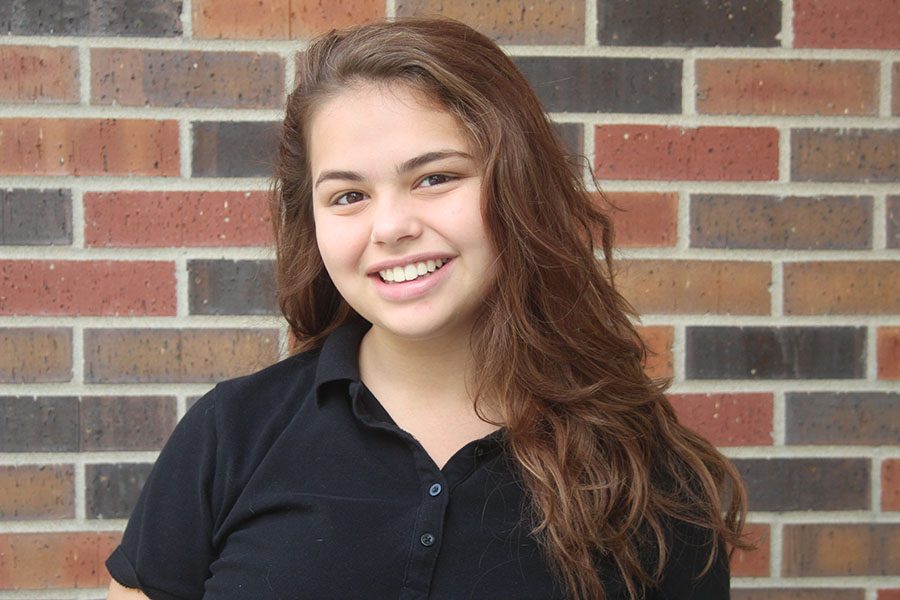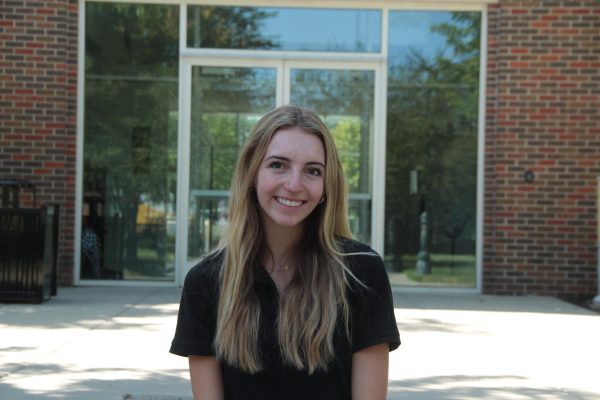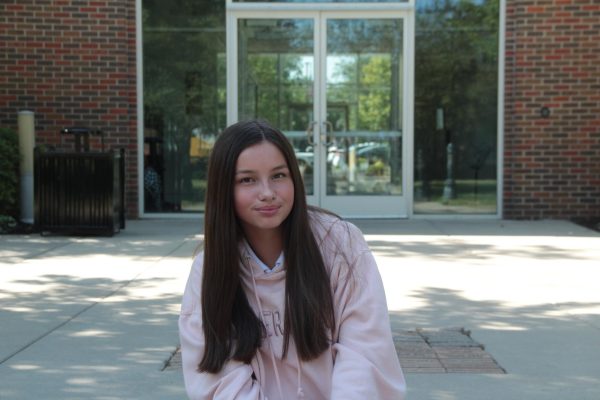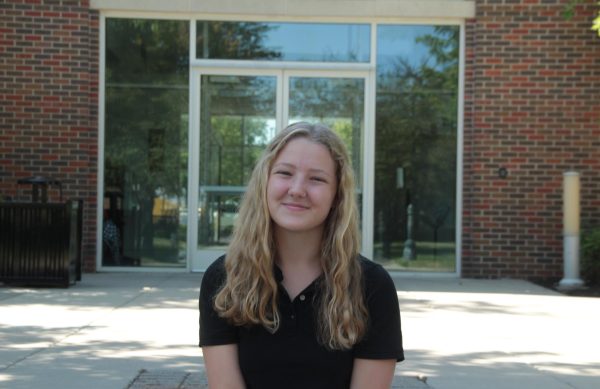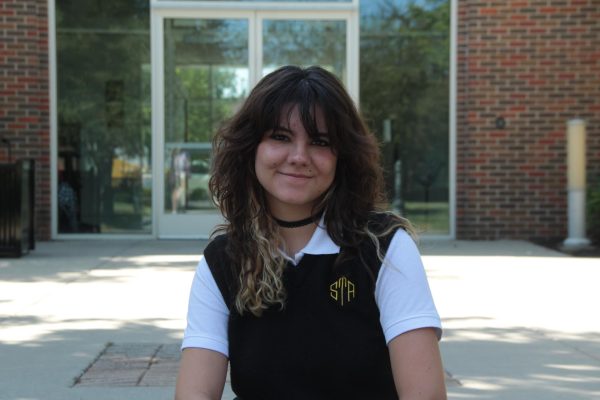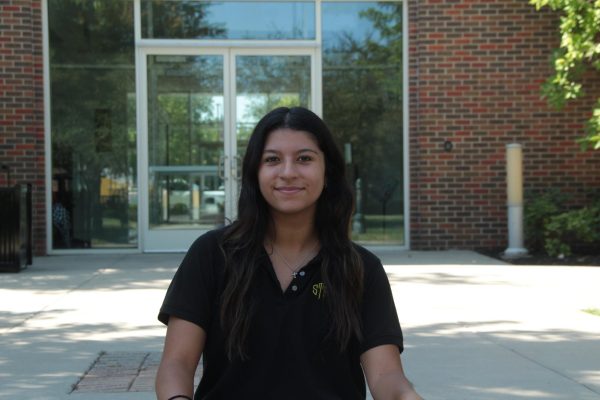Cancel Cancelled Culture
In the recent years, canceled culture has become a normality in society. Yet, when do we draw the line of someone who made a mistake once to someone who makes them constantly?
November 8, 2018
Imagine this, you’ve been following a famous celebrity for quite some time and then one day, an old post comes out of them saying an offensive slur. Social media goes mad, starting to the celebrity, and suddenly, this celebrity is canceled. No chance to apologize, no change to explain themselves. They have been officially “blacklisted” from stardom, not even able to make a simple statement without being ridiculed by the internet. All of this despite their mistake was many years ago before they were in the limelight.
This has become common in our society. Platforms such as Twitter has escalated canceled culture, leaving others on social media to contribute to canceled culture. However, I believe canceled culture promotes a society where we are not allowed to make mistakes. With the rise of social media in the modern era, everything you say, do or post is there forever, ready to be taken out of context at any moment.
Many celebrities have become a victim to canceled culture. For example, Youtuber James Charles was canceled for a short while when a tweet of him came out from a few years back saying, “I can’t believe we’re going to Africa today omg what if we get Ebola?” This tweet gave Charles a massive amount of backlash, despite him tweeting it when he was only 17. And personally, being a teenager in high school, I have heard people say much worse, yet when does it get to the point of becoming canceled?
Charles quickly apologized for the tweet and explained he made an insensitive joke. A few months later, it blew over. Yet, this draws the bigger question, when do we draw the line between an offensive joke and someone who has repeatedly said racist slurs?
We live in a time that is completely different from the past. Certain slurs and actions that people may have done are the past may have not been problematic at the time. However, as society has changed, what is problematic to a majority of society has drastically changed. For example, Virginia Attorney General Mark Herring sparked his own controversy, when he admitted he was wearing blackface almost 40 years ago at an undergraduate party where he was dressed as a black rapper. Society ridiculed Herring, despite his various apologies and admitting to a mistake he made 40 years ago. However, many people began to think about how it is not fair to judge a person’s actions 40 years ago by today’s sensibilities.
Problematic people may deserve to be canceled for a short while. Yet, people have the ability to change. Despite this, they should be held accountable for their actions and face the punishments and backlash before they are able to be “uncancelled.” I believe as long as someone puts out a decent apology, one where they recognize their actions, they have the right to be forgiven. As long as we are able to take into account that they have changed.
Something most people may not know is that in 2008 Barack Obama said that marriage is “between a man and a woman,” while doing an MTV interview with a live audience. Obama was not canceled because only a few years later in 2012 he made history by making same-sex marriage legal across the nation. Obama changed and grew with society. He learned from his past mistakes, so why is Obama not ‘canceled,’ but Herring is?
In truth, it comes down to whether people are able to put celebrities in their own shoes and how well-liked a person is in society. Many people rather see celebrities fail than succeed, therefore making canceled culture a norm. People often don’t take into account that celebrities are people too. Before they rose to stardom, they did the same things we did. They posted the same stupid videos on their finsta where, if out of context, may become offensive. However, the pressure put on us as teenagers and average people are held at a totally different stance from A-list celebrities.
Personally, with my experience with canceled culture, I have learned to be a lot more cautious about what I say. I am a naturally very curious person and sometimes I may say things that I am not aware can be taken out of context and be on the borderline of ‘canceling’ me. However, I have learned to combat this with asking questions, even though it sometimes may make me seem as uneducated, yet has helped me steer clear of making insensitive statements.
We need to learn to forgive people, but to an extent where we realize they have changed as a person and trust, they will not make the mistakes again.



